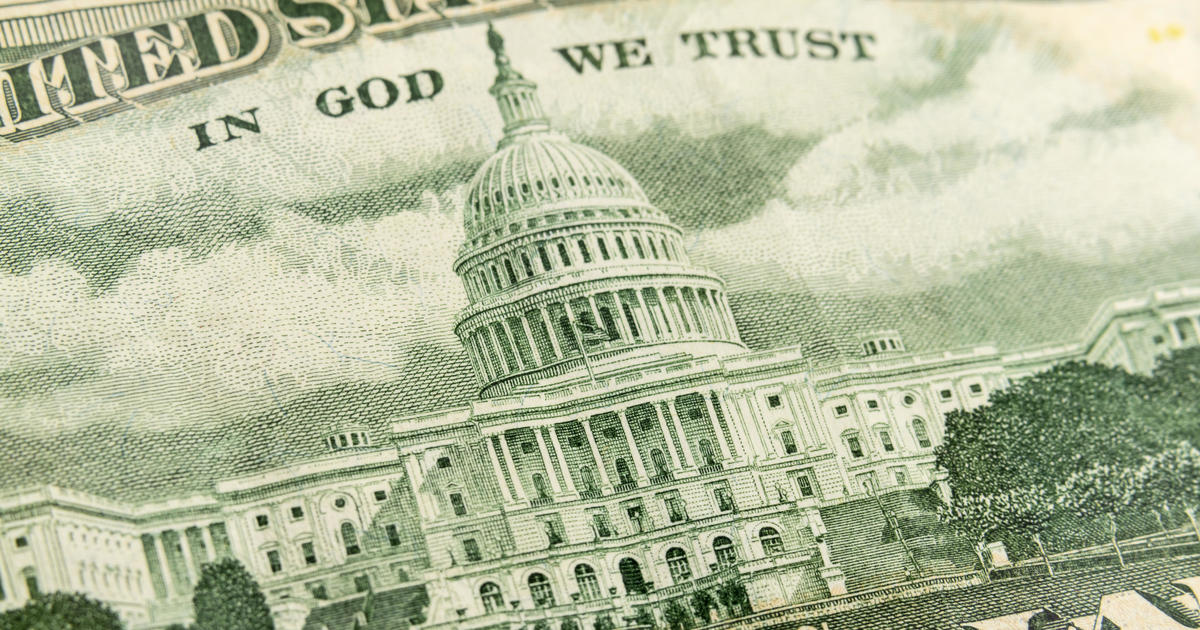Investors and nations around the world consider America’s sovereign debt as the epitome of reliability, with Treasuries being seen as a secure source of returns. However, this belief in security was shaken on Tuesday when credit agency Fitch Ratings downgraded the nation’s debt from its highest level.
The impact of the decision was felt in the markets on Wednesday, with the Dow falling by almost 1% and the Nasdaq losing around 2% of its value. Treasury prices also declined due to the downgrade, which Fitch attributed to the increasing debt, significant fiscal challenges, and a “steady deterioration in standards of governance” in the U.S.
This ratings cut, the first in over a decade, was met with opposition from the Biden administration. Treasury Secretary Janet Yellen expressed strong disagreement with Fitch’s reasoning. The timing of the downgrade may seem puzzling, as the U.S. is currently not facing a political deadlock over spending or another imminent crisis like the debt ceiling negotiations earlier this year.
“The timing surely caught everyone off guard,” noted Edward Moya, senior market strategist at OANDA. However, it’s worth mentioning that Fitch had previously warned about the potential downgrade.
Fitch downgraded U.S. debt due to long-term challenges faced by the nation. The agency pointed out the deep partisan gridlock that has persisted in Washington in recent decades, leading to erosion in fiscal management. The most recent example of this gridlock was the debt ceiling standoff earlier this year, which risked defaulting on U.S. debts. A last-minute resolution averted the crisis.
The downgrade also stemmed from factors like the nation’s complex budgeting process and lack of medium-term financial planning. Although these issues are not currently pressing concerns, Fitch had already indicated two months ago that it was contemplating a downgrade. Additionally, the downgrade followed the U.S. Treasury’s announcement of plans to increase borrowing.
While stocks experienced a decline on Wednesday, Wall Street economists and analysts believe that the short-term impact will be limited. They compared the situation to the summer of 2011 when S&P downgraded the U.S. credit rating, resulting in a 15% drop in the S&P 500 within a month. However, analysts suggest that investors may be more focused on the upcoming jobs report and its influence on the Federal Reserve’s decision on interest rates.
The Biden administration strongly opposed the downgrade, with Treasury Secretary Janet Yellen calling it flawed and based on outdated data. Yellen highlighted the economic strength of the United States, citing low unemployment rates and job creation since January.
While Moody’s has maintained its rating on U.S. debt at “Aaa,” and S&P’s rating remains at AA+, some analysts believe that downgrades from other agencies could be possible. They consider continued fiscal expansion and deficits as potential factors leading to additional downgrades.
Although markets experienced a decline following the downgrade, Wall Street analysts don’t expect Fitch’s cut alone to have a significant short-term impact on financial markets. The U.S. remains a safe haven during market stress, and it’s unlikely that the downgrade will change that perception. However, if followed by additional downgrades, it could undermine investors’ confidence in U.S. debt and the overall stability of markets in the long run.
The downgrade could have consequences for taxpayers. Many pension funds and investment funds have restrictions that only allow them to hold investments with high credit ratings. If the rating for a particular city or state decreases beyond a certain threshold, these funds would be obligated to sell any holdings of bonds from that municipality. This could result in higher borrowing costs for those governments as investors demand higher returns to compensate for increased risk. Additionally, eroding confidence in Treasuries could lead to higher interest rates, which would raise borrowing costs for the government and taxpayers.
Overall, Fitch’s downgrade of U.S. debt has raised concerns and created uncertainty in the markets. While the immediate impact may be limited, the long-term implications remain to be seen.
Denial of responsibility! VigourTimes is an automatic aggregator of Global media. In each content, the hyperlink to the primary source is specified. All trademarks belong to their rightful owners, and all materials to their authors. For any complaint, please reach us at – [email protected]. We will take necessary action within 24 hours.


